7 March 2025
Growing up can be tough, especially when it comes to building friendships. We’ve all been there, right? The awkward moments, the struggles to fit in, and the constant search for connection. But here’s the good news: after-school groups are a goldmine for helping kids foster lifelong friendships. These settings are the perfect breeding ground for meaningful connections, and they do more than just fill the time after class. Let me explain why after-school programs aren’t just glorified babysitting, they’re the secret weapon for helping kids build lasting relationships.
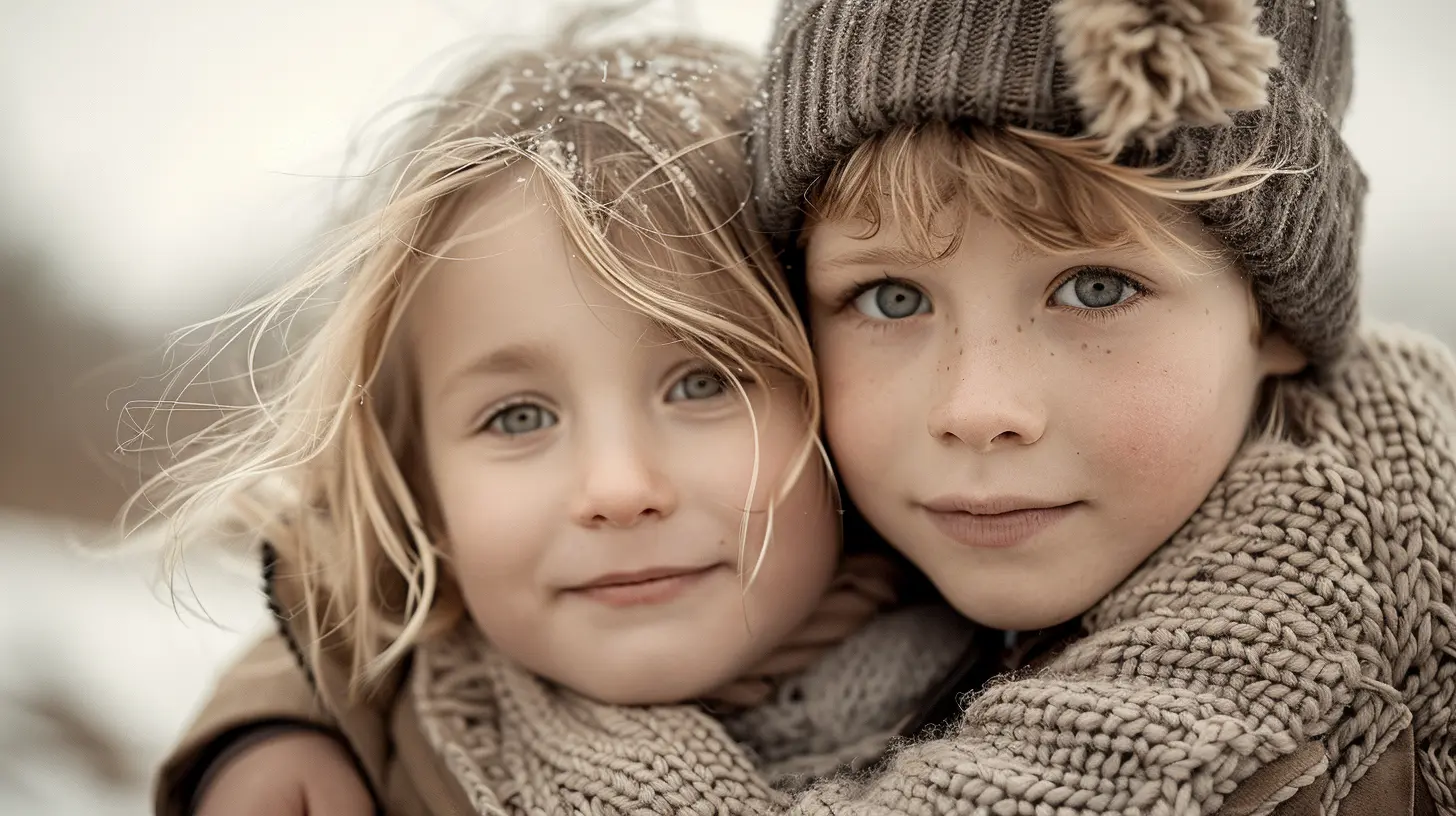
The Social Playground: Why After-School Groups Matter
We often think that friendships are built on the playground or in the classroom, but after-school groups offer a unique environment for kids to connect on a deeper level. Why? Simple. They’re more focused, less structured, and zeroed in on activities that kids actually want to participate in.In after-school programs, kids aren’t worrying about grades or assignments— they’re focused on things they enjoy, like soccer, art, or drama. That’s the sweet spot where friendships can really take root. With less pressure and more shared interests, kids are free to be themselves, and that’s where the magic happens.
A Safe Space for Authentic Connection
We can all think of moments at school where we didn’t feel like we could be ourselves—either we felt too shy or worried about what others might think. After-school groups provide an environment that is generally more low-key and inclusive, helping kids feel more comfortable expressing who they really are.And when kids feel comfortable, they connect. It’s in these relaxed environments where two kids might discover they both love comic books, or they’re both really into robotics. These small sparks can lead to conversations, shared goals, and ultimately, friendships that extend far outside the walls of the after-school room.
But it’s not just about creating bonds—it’s about sustaining them as well. After-school groups often meet regularly, giving children consistent opportunities to grow their friendships over time. This consistency is key because relationships don’t form overnight; they need time to build and strengthen.
Group Dynamics Play a Role Too
Have you ever noticed how group settings often naturally bring out different personalities? One child might take the lead, while another hangs back, waiting for the right moment to jump in. Understanding group dynamics in after-school settings can be a major factor in how friendships form.After-school groups encourage kids to work together in team activities, whether it’s putting on a play, scoring a goal, or completing a challenging project. This teamwork fosters cooperation and helps kids see the value of supporting one another. And guess what? Those moments of collaboration can easily transition into moments of friendship.
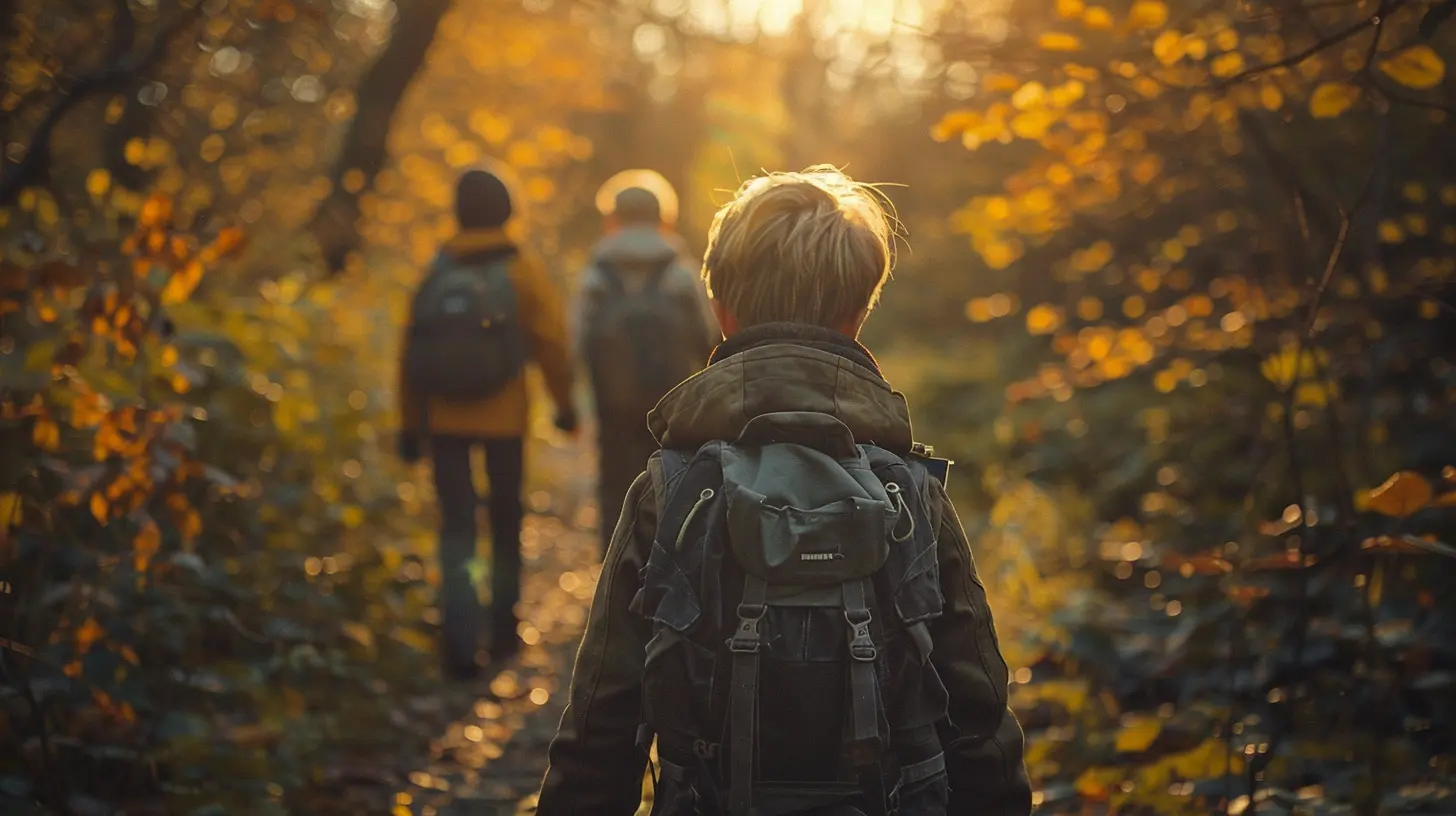
How After-School Groups Lay the Foundation for Lifelong Friendships
Okay, so we know after-school programs provide great opportunities for kids to connect, but what is it about these groups that makes the friendships last? Why are the relationships formed here often stronger than the ones built during normal school hours?Shared Interests, Shared Bonds
When kids come together in a group where they share a common activity, they also share a common bond. Whether it’s a chess club, a dance team, or a coding class, kids develop a sense of camaraderie when they’re pursuing something together. And let’s be real—kids are more likely to click with someone who likes the same things they do. It’s like finding a friend with the same playlist—instant connection!Common interests act as a foundation for friendships because they give kids something to talk about and something to work towards. These shared experiences provide memories and milestones that form the building blocks of any lasting relationship.
Emotional Growth: Learning to Communicate and Resolve Conflict
Friendships are rarely smooth sailing all the time. Just like adults, kids face disagreements, misunderstandings, and conflicts. However, after-school groups offer a structured yet relaxed environment where children can learn how to navigate these challenges. Whether it’s negotiating who gets the ball next in a team game or figuring out the best approach during a group art project, communication and problem-solving are key.And here’s the kicker: learning to resolve conflict is one of the most valuable life skills a child can develop. After-school groups provide a semi-supervised space where kids can practice these skills, building emotional maturity that translates into stronger, longer-lasting friendships. It’s kind of like learning to ride a bike in a parking lot before heading out on the busy roads of life.
Increased Diversity & Exposure to Different Perspectives
Another major benefit of after-school groups is the sheer diversity they often offer. Unlike the typical classroom environment—where kids are often divided by age or academic ability—after-school groups tend to be more mixed. This diversity exposes kids to others with different perspectives, cultures, and backgrounds, which opens their minds and hearts.When children group together with peers who may not be their typical classroom buddies, they come to appreciate different viewpoints and approaches to activities. This exposure fosters empathy, understanding, and, ultimately, deeper relationships that are based on mutual respect and shared experiences.
Finding a Mentor or Role Model
Here’s another cool thing about after-school groups: they often include mentors, coaches, or facilitators who are there to guide and encourage the kids. Having an adult role model who focuses on the social and emotional development of the children can make a huge difference.A good mentor doesn't just teach skills—they also help kids navigate their social environments. By modeling healthy communication, respect, and inclusivity, adult facilitators in after-school programs show how to form and maintain positive relationships. That’s some next-level friendship training right there!
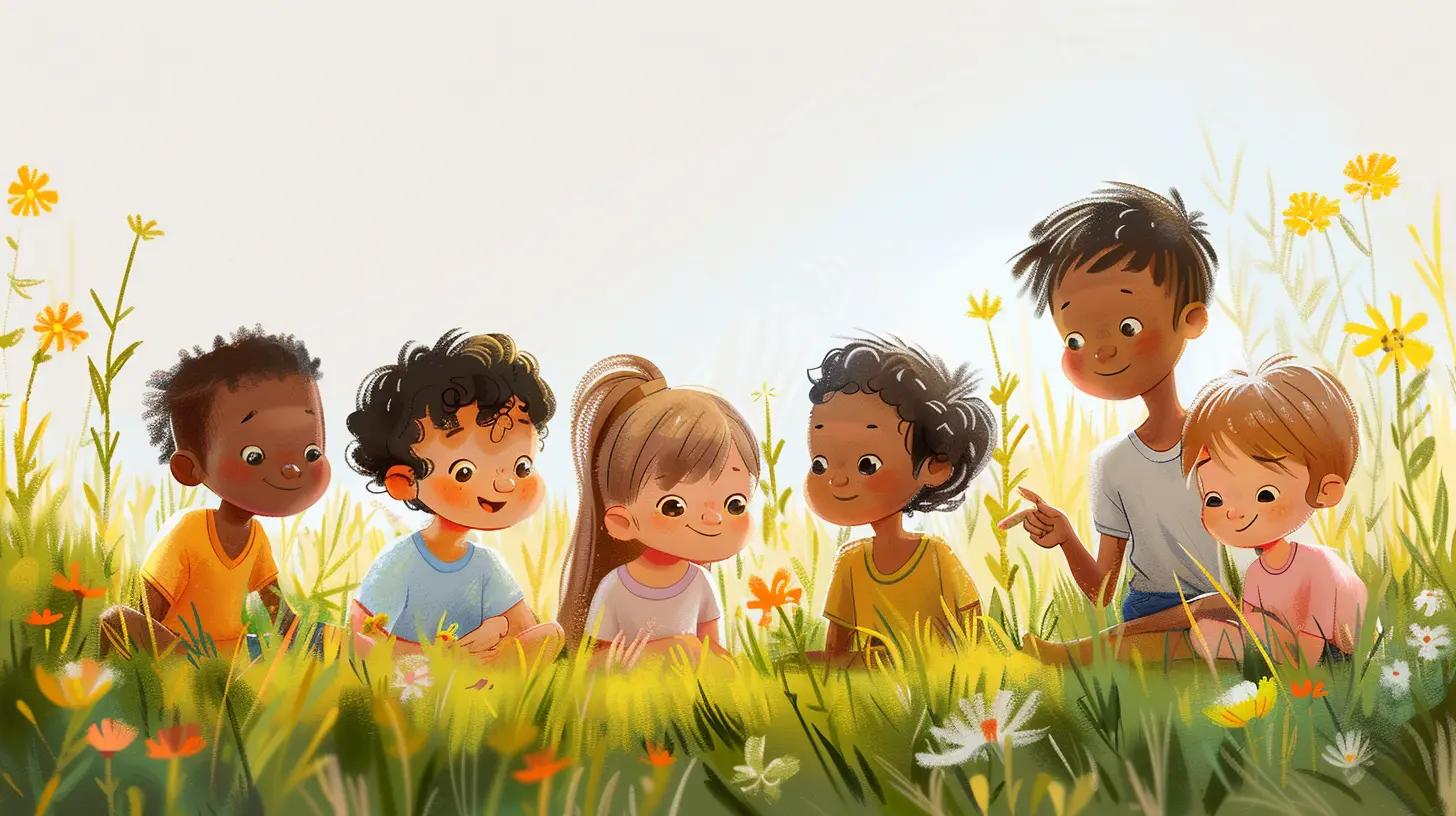
Tips for Parents: How to Encourage Lifelong Friendships Through After-School Groups
So, you’re on board with the idea that after-school groups can help your child build lasting friendships, but how can you as a parent help facilitate this? Good question! Here are a few actionable tips to make sure your child gets the most out of their after-school experiences.1. Help Them Find the Right Group
Not every after-school group is going to be a good fit for every kid. Some children are sporty, while others love the arts, and others still might be into more academic clubs like debate or STEM programs. Help your child explore a variety of groups to find the one that aligns with their interests.Remember, kids are more likely to form friendships with others who share their passions, so finding a group that really excites them is the first step in helping them make and keep friends.
2. Encourage Consistency
Building friendships takes time, and attending an after-school group sporadically isn’t going to cut it. Encourage your child to stick with a group even if they don’t make friends right away. Like any relationship, friendships take time to grow. By consistently attending meetings or practices, your child will have the opportunity to build rapport and trust with other kids.3. Be a Positive Role Model
Kids learn by example. If they see you maintaining and nurturing friendships in your own life, they’ll be more inclined to do the same. Show your child that friendships take effort and communication, but they are worth it.4. Talk About Social Skills
Sometimes, kids need a little help navigating the social waters. Don’t be afraid to talk to your child about how to be a good friend. You can discuss things like sharing, listening, and resolving conflicts. The more prepared they feel, the more confident they will be when forming friendships in their after-school group.5. Arrange Playdates Outside of Group Time
If your child clicks with someone in their after-school program, arranging time outside of group meetings can help solidify the friendship. Whether it’s a simple playdate or a weekend outing, continuing the relationship outside of the structured environment can help take the friendship to the next level.6. Don’t Put Too Much Pressure on Them
Lastly, let your child build friendships at their own pace. Not every meeting will result in a lifelong friend, and that’s okay. Friendships take time to form, and forcing it can often have the opposite effect. Be patient, encouraging, and mindful of your child’s social needs.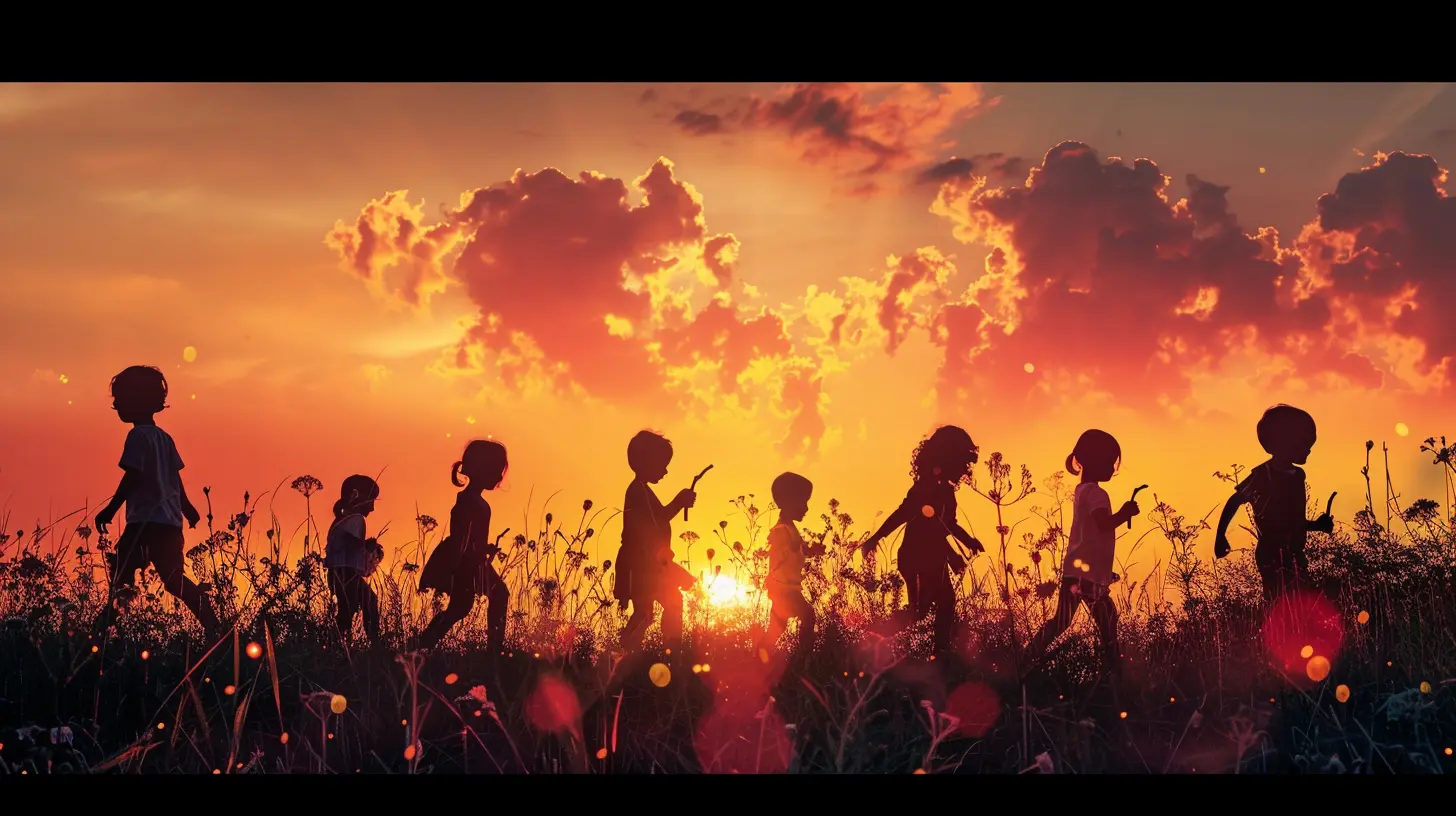
Conclusion
After-school groups offer so much more than just extracurricular activities—they’re a hidden treasure trove for fostering lifelong friendships. By giving children a space to engage in shared interests, communicate openly, and resolve conflicts, after-school groups create the perfect environment for lasting relationships. And with a little parental guidance, these friendships can blossom and grow, carrying your child through the rest of their lives.So next time you're looking for an after-school activity, remember: it’s not just about soccer or art—it might just be the place where your child meets their lifelong best friend!



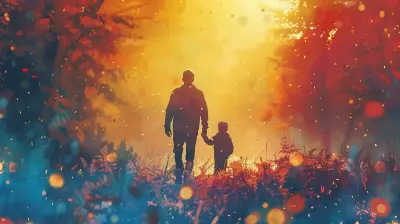
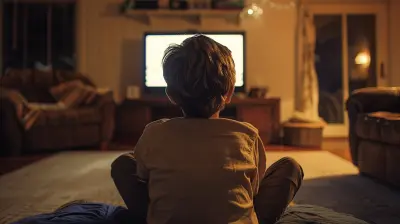
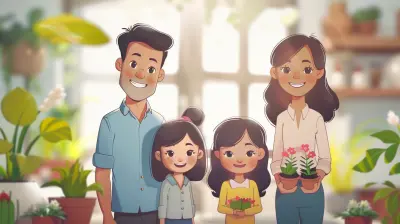
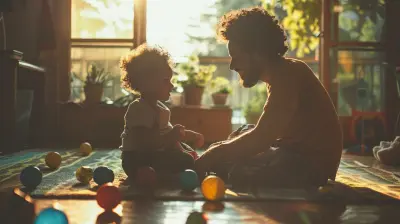
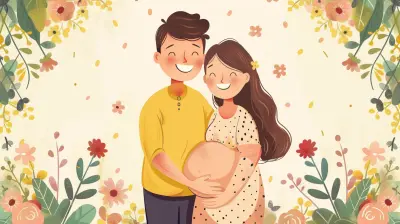
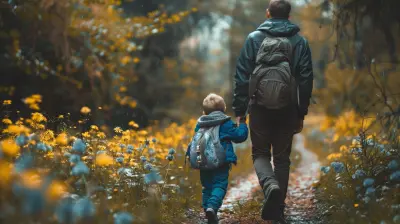
Foster Jones
Ah yes, because nothing says ‘lifelong friendship’ like a group of sugar-fueled kids trading stickers for their deepest secrets at 3 PM. Who knew bonding over snack time could rival the intensity of a college roommate relationship?
March 26, 2025 at 3:24 PM